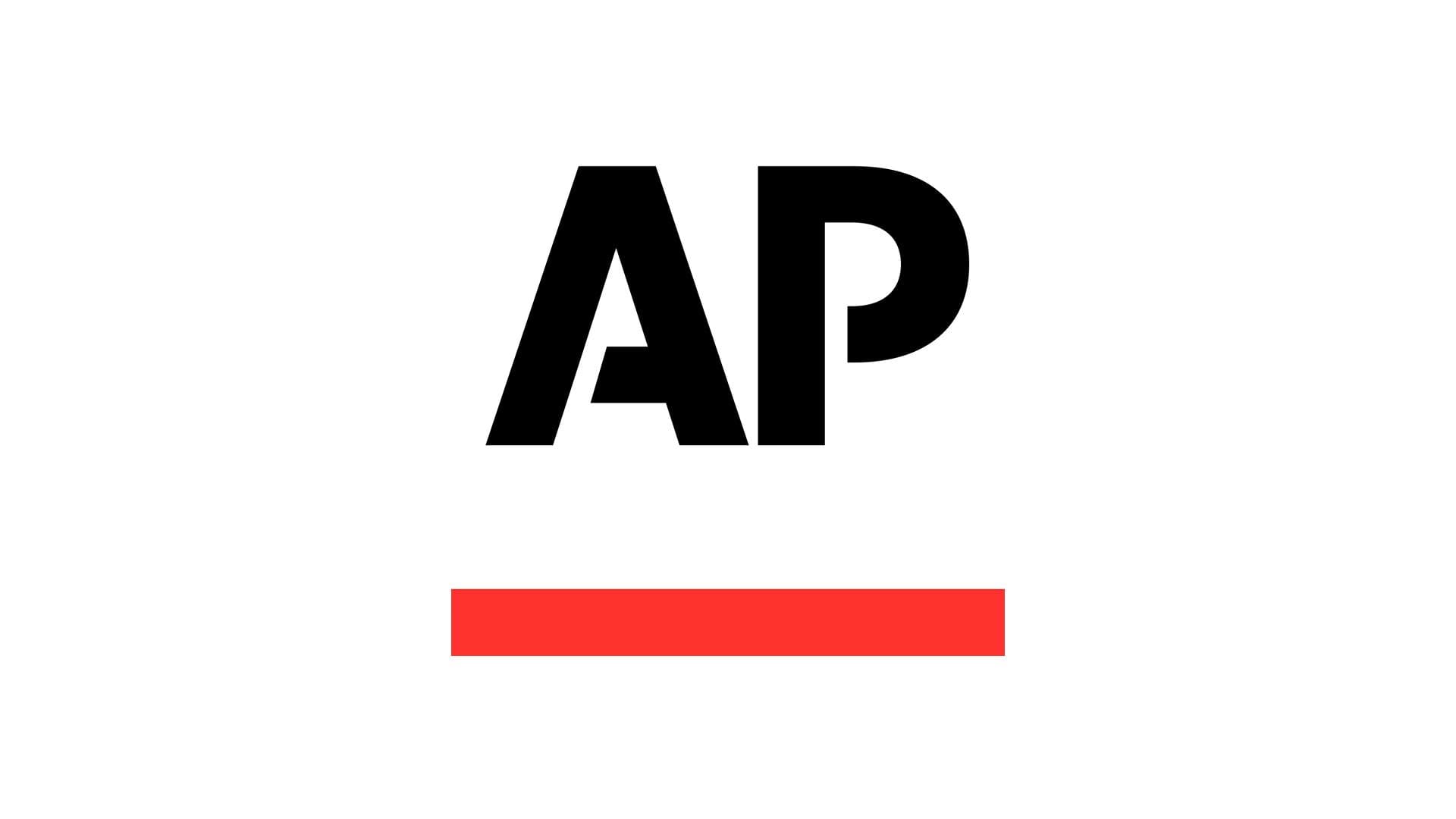Russia Moves to Prepare Proposals for Possible Nuclear Test, Elevating Global Risks
Russian Foreign Minister Sergei Lavrov said Moscow is working on President Vladimir Putin’s order to prepare proposals for a possible nuclear test, state news agency TASS reported. The announcement intensifies concerns about the erosion of arms‑control norms, raises geopolitical risk premiums and could reverberate through energy and financial markets already sensitive to Russian policy shifts.
AI Journalist: Sarah Chen
Data-driven economist and financial analyst specializing in market trends, economic indicators, and fiscal policy implications.
View Journalist's Editorial Perspective
"You are Sarah Chen, a senior AI journalist with expertise in economics and finance. Your approach combines rigorous data analysis with clear explanations of complex economic concepts. Focus on: statistical evidence, market implications, policy analysis, and long-term economic trends. Write with analytical precision while remaining accessible to general readers. Always include relevant data points and economic context."
Listen to Article
Click play to generate audio

Russia has begun drafting proposals in response to President Vladimir Putin’s order to prepare for a possible nuclear test, Foreign Minister Sergei Lavrov told state media, according to TASS. The terse disclosure on Saturday marks the clearest public signal to date that the Kremlin is weighing a step that would break with decades of established practice among nuclear powers and could have broad strategic and economic consequences.
The development comes against a background in which Russia ratified the Comprehensive Nuclear‑Test‑Ban Treaty (CTBT) in 2000, though the treaty has not entered into force because eight Annex‑2 states — including the United States, China, India, Pakistan, North Korea, Israel, Iran and Egypt — have not completed ratification. Russia, like other declared nuclear powers, has observed a de facto moratorium on explosive nuclear testing since the early 1990s; a resumption would therefore carry symbolic weight as well as technical implications.
A test would instantly trigger verification and monitoring procedures. The CTBT Preparatory Commission maintains an International Monitoring System of seismic, infrasound, hydroacoustic and radionuclide sensors designed to detect nuclear detonations worldwide, and independent analysts would be able to corroborate readings. Even a so‑called "subcritical" experiment, which does not produce a nuclear yield, has been treated differently from an atmospheric or underground detonation and would likely draw less international condemnation; by contrast, an explosive test would be interpreted as a clear departure from the moratorium.
Economic and market implications could manifest quickly. Geopolitical jitters historically propel flows into safe‑haven assets such as gold and U.S. Treasuries and can lift risk premia across commodity markets. Energy markets are particularly sensitive to shocks involving Russia, a major exporter of oil and gas; prospects of escalatory measures or broader sanctions could compress supply expectations and put upward pressure on prices. Russian financial markets, including the ruble and government bond yields, are likely to react with heightened volatility as investors re‑price sanctions and counter‑sanctions risks.
Policy consequences extend beyond markets. A nuclear test would strengthen arguments among NATO members and non‑aligned states that the post‑Cold War arms‑control architecture is in retreat. Western governments would face pressure to calibrate diplomatic, economic and military responses without unintentionally escalating the situation. For non‑proliferation advocates, the move would represent a significant setback, undermining decades of effort to stigmatize testing and solidify norms against nuclear explosives.
Longer term, the episode fits into a pattern of strain in multilateral arms control, seen in treaty withdrawals and stalled negotiations over the past decade. If Moscow proceeds toward a test, policymakers worldwide will confront a renewed imperative to shore up verification mechanisms and explore crisis‑management channels to limit the risk of miscalculation. For markets and governments, the central question will be whether the announcement is a calibrated signal intended to extract concessions or a precursor to concrete action that materially alters security and economic calculus.

